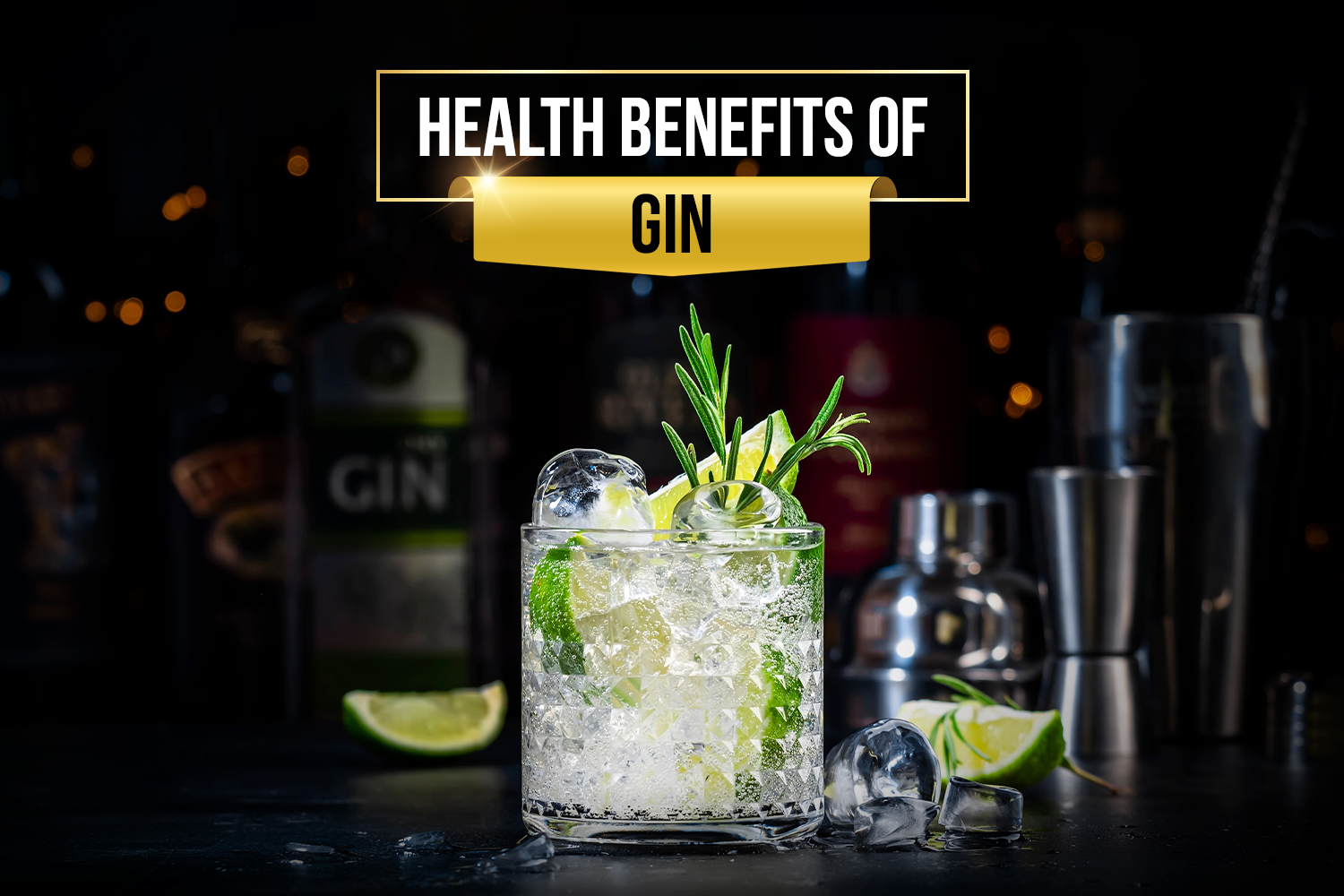1. What is Gin?
Definition and History
Gin is a distilled alcoholic beverage that derives its predominant flavor from juniper berries. Originating in the Netherlands, gin has evolved into various styles, each with unique flavor profiles and botanicals.
Types of Gin
- London Dry Gin: Known for its crisp and refreshing taste.
- Plymouth Gin: Slightly sweeter and more aromatic.
- Old Tom Gin: A sweeter style of gin popular in the 18th century.
2. Health Benefits of Gin
2.1 Low Calorie Count
Gin is low in calories compared to many other spirits. A standard serving of gin contains about 97 calories, making it a suitable choice for those mindful of their caloric intake.
2.2 Antioxidant Properties
Gin contains antioxidants derived from its botanicals, particularly juniper berries. These antioxidants help combat oxidative stress in the body, potentially reducing the risk of chronic diseases.
2.3 Aids Digestion
Many enjoy gin as a digestif, believing it can help soothe the stomach and improve digestion. The herbal components in gin may stimulate digestive enzymes, aiding in nutrient absorption.
2.4 May Reduce Stress
Gin can have a calming effect when consumed in moderation. Its relaxing properties can help reduce anxiety and stress, promoting a sense of well-being.
2.5 Contains Juniper Berries Benefits
Juniper berries, the primary flavoring agent in gin, are known for their medicinal properties. They may have anti-inflammatory effects, support kidney function, and promote healthy digestion.
3. How to Enjoy Gin Healthily
3.1 Ideal Serving Suggestions
Enjoy gin neat, on the rocks, or with a splash of tonic water for a refreshing drink. The classic gin and tonic is a popular choice that balances flavor with hydration.
3.2 Healthy Mixer Options
Consider using low-calorie mixers such as soda water, fresh fruit juices, or herbal teas to enhance the flavor without adding excessive calories or sugar.
4. Moderation is Key
4.1 Recommended Serving Sizes
For optimal health benefits, limit gin consumption to one standard drink per day for women and up to two for men.
4.2 Risks of Overconsumption
While gin can offer health benefits, excessive consumption can lead to negative health effects, including liver damage and addiction. It’s essential to drink responsibly.
5. Conclusion
In moderation, gin can be a healthier choice among alcoholic beverages. Its low calorie count, antioxidant properties, and potential digestive benefits make it an appealing option. Remember to enjoy gin responsibly and savor the flavors while keeping health in mind.
Popular FAQs: Health Benefits of Gin
1. What are the primary health benefits of gin?
Gin offers several health benefits, including low calorie content, antioxidant properties from juniper berries, and potential digestive benefits. Moderate consumption can also help reduce stress.
2. How many calories are in a shot of gin?
A standard shot (1.5 ounces) of gin typically contains about 97 calories, making it a lower-calorie choice compared to many other alcoholic beverages.
3. Does gin contain any vitamins or minerals?
While gin is not a significant source of vitamins or minerals, it does contain antioxidants from its botanical ingredients, particularly juniper berries, which may provide some health benefits.
4. Can gin aid digestion?
Yes, gin is often consumed as a digestif. The botanicals in gin can stimulate digestive enzymes, potentially aiding in digestion and nutrient absorption.
5. Is gin better for health than other spirits?
Gin may be considered healthier than other spirits due to its lower calorie count and the presence of beneficial botanicals. However, moderation is key for any alcoholic beverage.
6. Can drinking gin reduce stress?
Moderate consumption of gin can have a calming effect and may help reduce stress levels, but it’s important to enjoy it responsibly to avoid adverse effects.
7. How should I drink gin for health benefits?
For health benefits, consider enjoying gin neat, on the rocks, or with low-calorie mixers like soda water or fresh fruit juices to keep the drink light and refreshing.
8. What is the recommended serving size for gin?
It’s recommended to limit gin consumption to one standard drink per day for women and up to two for men to maximize health benefits and minimize risks.
9. Are there any risks associated with drinking gin?
While moderate consumption can offer health benefits, excessive drinking can lead to health issues such as liver damage and addiction. It’s essential to drink responsibly.
10. Can gin be part of a healthy lifestyle?
Yes, when consumed in moderation, gin can be part of a healthy lifestyle, especially when paired with nutritious mixers and enjoyed in a balanced diet.























Leave a Reply